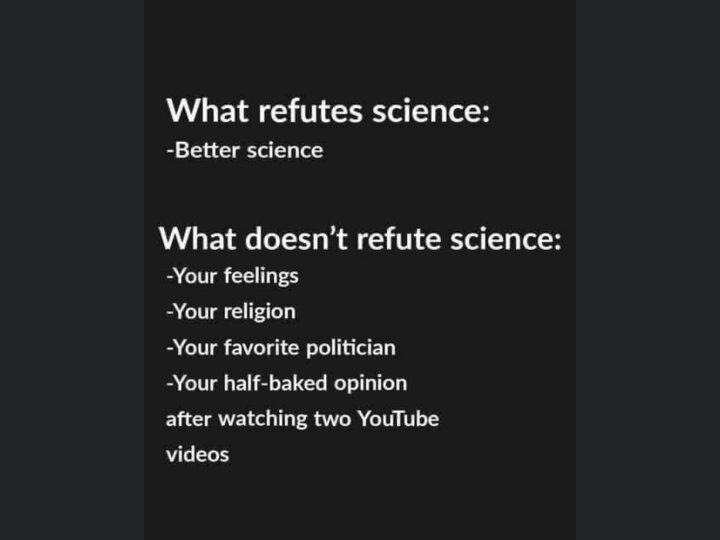Evolution by natural selection refers to organisms that are better adapted to their environment, being more likely to pass those adaptive traits to their offspring, with the result that over many generations, the species changes or "evolves." This was first described by the Roman poet Lucretius thousands of years ago. The French biologist Lamarcke proposed that acquired traits could be passed down (for example a giraffe straining to reach leaves higher up on a tree would gradually grow a longer neck, and its offspring would inherit this). Lamarcke's theory was found to be incorrect, but in France, he's still considered the "father of evolution" as he at least proposed a theory.
Darwin is mainly recognized for his efforts in making rigorous scientific observations and proposing the theory of natural selection which is still accepted today. More recent modifications include "phyletic gradualism," or the theory that evolution occurs slowly and smoothly, and "punctuated equilibrium," or long periods with no change, interspersed with short periods of very fast change. Darwin was unaware of genetics, as Mendel's pioneering work had not been done yet, so he had no mechanism for explaining how traits were passed down.
Whether this contradicts the Bible depends on who you ask. The Catholic Church sees no contradiction and allows for evolution. Some fundamentalist Christian churches oppose evolution as they believe several Bible verses don't allow for it. Much of this opposition is also politically motivated.
The theory of evolution is an example of how science is not a house of cards, where if one thing is defeated, the entire edifice crumbles. It's more like a puzzle where every piece fits together. Evolution fits in with other aspects of our understanding of biology and behavioral science.












